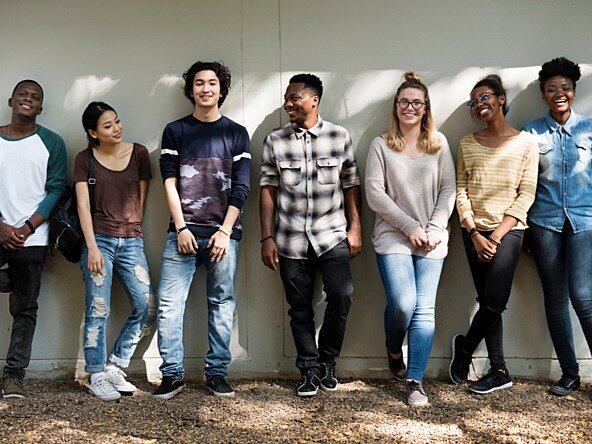Supporting Youth Survivors of Domestic Violence
By An NVRDC Advocate on the SLAY Team
At NVRDC, we empower survivors of all crimes, including domestic violence, to achieve survivor-defined justice. This means we support each client’s unique vision and their chosen path towards that goal. Supporting survivor-defined justice with youth clients can present unique challenges, but is incredibly important to provide youth with agency in their recovery process.
As an advocate on the SLAY Team (Support and Legal Advocacy for Youth), I make a point to make sure my clients are informed of all of their options and understand that they are the experts on what is right for them. Especially with youth clients, they can view Advocates and Attorneys as authority figures just because of our job titles and defer to us when making decisions. It is important to remind them throughout the process that they have agency over their recovery process. This also models consent and healthy relationships with boundaries.
Another area where youth survivors face challenges in maintaining agency over their recovery process is mandatory reporting laws. Mandatory reporting laws require certain officials such as counselors, teachers, doctors and nurses to report certain disclosures of abuse to the authorities, including abuse of minors. If a youth survivor is not aware of mandated reporters they may initiate a legal process that they do not want to begin. Losing agency over their recovery process this way can be re-traumatizing for youth survivors, because it mirrors the loss of agency they experienced in the abusive relationship. As an Advocate for youth survivors, my role is to educate my clients about mandated reporters and confidential resources, so that they can feel safe in sharing their story on their own terms.
If someone in your own life is experiencing domestic violence, it is important to ask them how you can best support them and make them feel safe, rather than telling them what you think is best. Letting the survivor know that you are there to listen to and support them, regardless of where they are in their recovery process will help make them feel safe and comfortable in speaking on their experiences.
Resources that can help you to be a better ally to youth survivors include:

